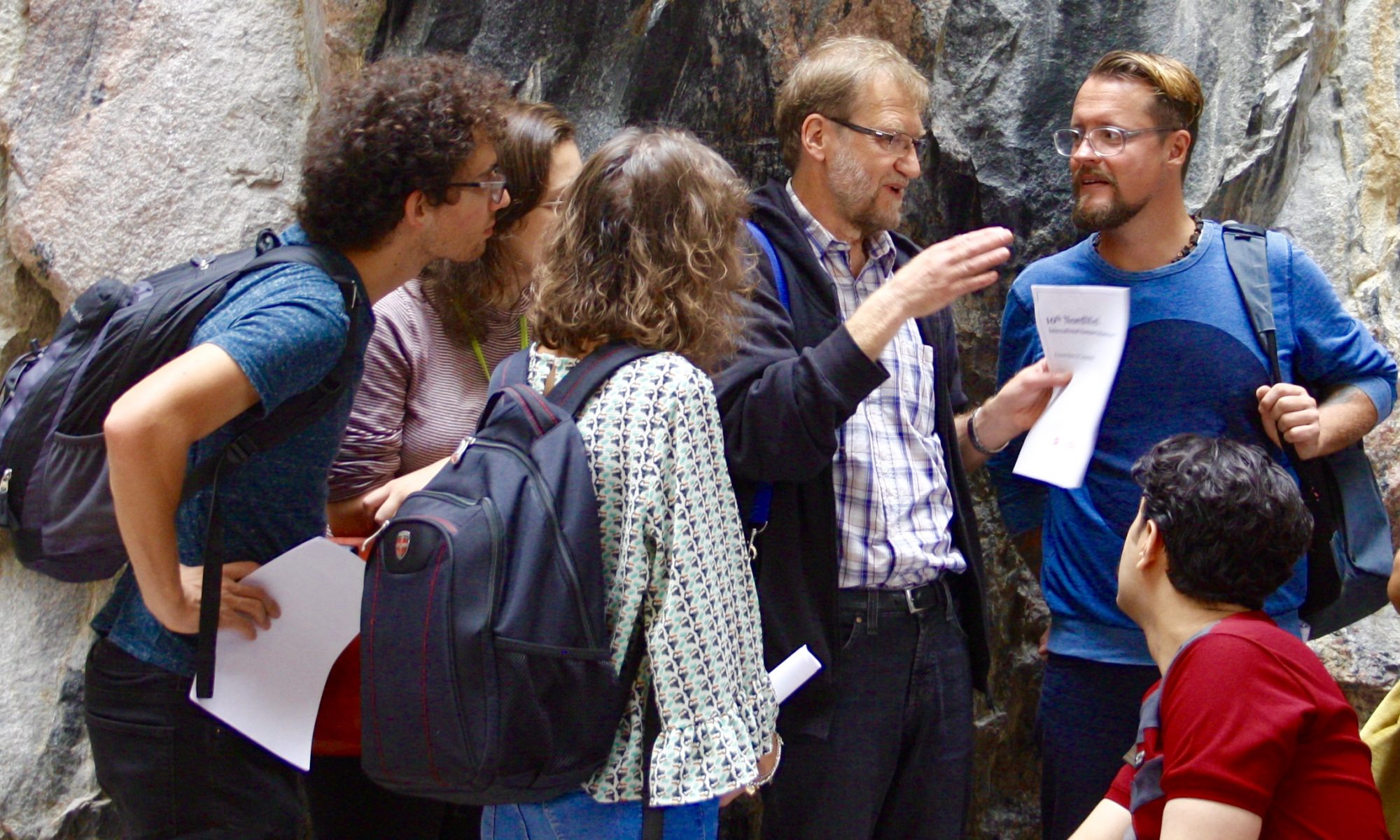Lunds universitet, Centrum för genusvetenskap
This PhD-project explores practices and ideas on citizenship and belonging in the Swedish welfare state through an ethnographic fieldwork with ‘clandestine’ asylum seekers[1] and asylum rights activists. The on-going exclusion, racism – and resistance – in the margins of Europe/Sweden/the nation-state is put in the centre for the understanding of welfare and nation. What happens with hegemonic mainstream and/or feminist representation of Sweden as gender-equal, women-friendly and humane if the experiences of my informants are moved from the margin of the picture in to its very centre?
The project, with the working title ‘Everyday “Clandestinity”: Feminist Interrogations of Swedish Migration and Welfare policies’, takes the ethnographic material as a starting point to outline ‘clandestinity’ as a social and discursive space and discuss how positions in ‘clandestinity’ are constructed and framed by ideas and practices related to citizenship, belonging and solidarity in the Swedish welfare state.
[1] Rejected asylum seekers who stay in the country and ‘hide’ from police and authorities to avoid deportation. Evidently ‘clandestinity’ or ‘clandestine’ asylum seekers are far from fixed and simple categories, but rather locations characterised by heterogeneity and diversity. The use of inverted commas (‘clandestine’ and ’clandestinity’) underscores the temporal, heterogeneous and constructed character of the concept.
